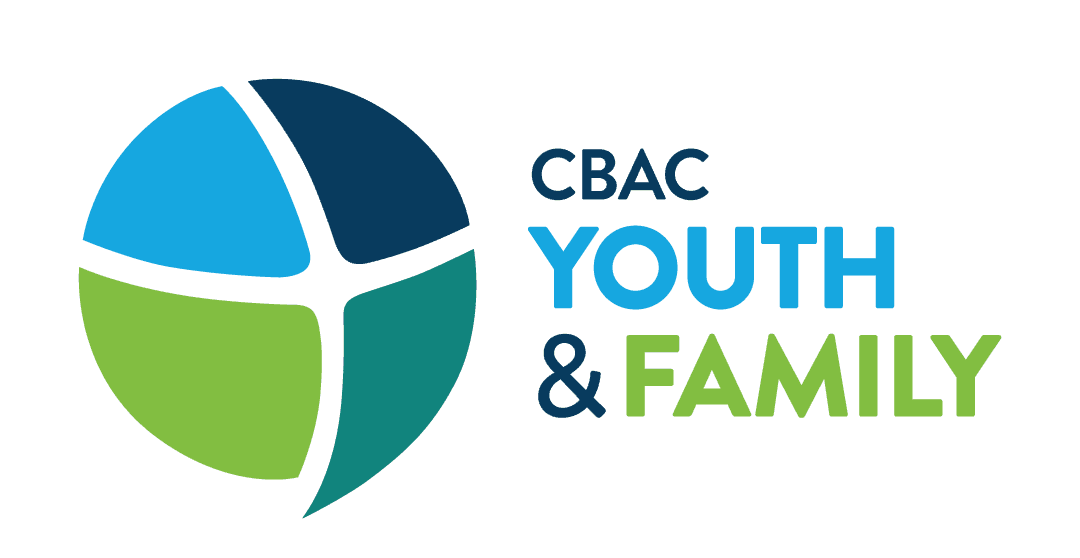Introduction:
When my son was in kindergarten, our family moved to our current community. I was starting a new position at a different church, and we ended up moving partway through the school year. He became the “new kid” in a school that welcomed our children incredibly well, and he has some really good friends.
But being the “new kid” when you’re in kindergarten was challenging, and the kid who is now is best friend didn’t take well to our son at first. This other kid had been the best at reading and math in the class, and now with the arrival of our son, the two boys now had competition. It’s been a healthy back-and-forth between the two boys, and their relationship has moved from rivals to best friends. They challenge one another, and knowing that the other family shares the same faith, has been an encouragement to us as parents.
It can be challenging to make friends. Some of us seem to be better at it than others, but we’re made for companionship. You may have hundreds of “friends” on Facebook, but how many of those are genuine companions?
Scripture:
Ruth and Naomi. David and Jonathan. Peter and John. There are numerous accounts of friendships throughout the bible and they tell us of the value of having good companions on our life journey. Our faith is not merely private; we’re made to live it out with others. We are part of a body or temple, that requires other parts or stones. We are shaped by those around us, and it’s important to both have people speak into our lives, and pay attention to who those people are. “Who we hang with makes a difference in how we think, what’s important to us, and how we behave.”[1] As a parent, one of my greatest prayers is that my children will have friends, who not only share their values, but who also share their faith and so they can encourage one another to follow Jesus.
Who are those friends that you can call in the middle of the night? Who will you drop anything for to come alongside in a time of need?
Trellis:
Throughout our series on Trellis, we’ve been challenging you to think through questions of identity and participation. The focus of this post, “Who’s with me?”, is an identity question, in that our sense of self is shaped by those who are around us. It’s in community that we can discover more about who we are made to be. Jacqueline Bland notes that “functioning in community with others also includes freedom to be uniquely different from each other in unity.”[2] Authentic community sharpens us; it provides clarity into both our strengths and our shortcomings.
We need close friends; life-giving relationships. Without good friends, we’re missing out on much in life. We often pride ourselves on our accomplishments or possessions, but without close friends, it all has little meaning.
“We can have a relationship with God, fulfilling work to do, and an enviable home and lifestyle – but if we don’t have close friendships with others, we soon realize something essential is missing … Life-giving relationships are as important to our spiritual growth and well-being as prayer and Bible reading.”[3]
As Next Generation ministry, we spend a lot of time reminding children and students about the value of choosing good friends. An important step in this process is our ability to model this for them. The Trellis is rooted in practices, and we’re encouraging you to not only think about these questions, but to answer them in practices or habits that encourage growth in Christlikeness.
Activations[4]:
Consider trying out some of these rhythms as you consider how to answer “Who’s with me?”
- Pray. Begin asking the Lord to provide you with 2-3 safe people with whom you can experience deeper relationships.
- Play. For many people, the best way to connect is to do something they both enjoy. Spending time with someone on a fun activity is significant way to initiate and deepen a friendship.
- Face-to-face contact. After two incredibly long years of virtual meetings, most of us have noticed how terrible this is for actual relationships. The early years of social media promised that this would be a valuable tool to deepen relationships; we now know this is false. It’s like junk food for our souls. We need time with real people.
- Serve together. Sharing in a service project with a friend is another way to deepen and build relationships. We see this happen in our students, as they spend time on mission trips and work together at camp. The shared experience deepens the bonds we have.
[1] Dave Rahn and Ebonie Davis. Disrupting Teens with Joy: helping youth discover Jesus-focused, gritty faith. The Youth Cartel (2020): 64.
[2] Dr. Jacqueline E. Bland. Becoming a Resolute Leader: things a sistah learned along the way. Dr. Jacqueline E. Bland (2020): 70.
[3] Ken Shigematsu. God in My Everything: how an ancient rhythm helps busy people enjoy God. Zondervan (2013): p. 83.
[4] Borrowed from Ken Shigematsu. God in My Everything: how an ancient rhythm helps busy people enjoy God. Zondervan (2013): p. 88-89 and Dr. Jacqueline E. Bland. Becoming a Resolute Leader: things a sistah learned along the way. Dr. Jacqueline E. Bland (2020): 110.
